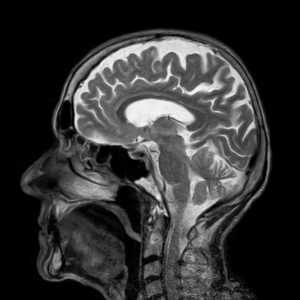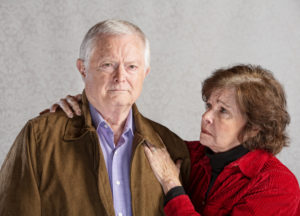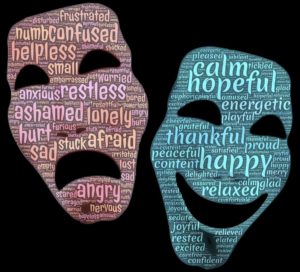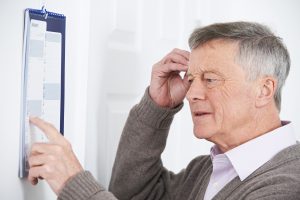
A Labor of Love
Most healthcare professionals choose their profession out of a personal passion to care for others. It is a true labor of love. There is great concern that reaches all of healthcare. This is the depleting pool of professional direct care staff. In reading articles and journal entries from 2018 and 2019, this was already of major concern in the healthcare industry. The pandemic has only contributed to the shortage. However, with the system-wide healthcare shortage, this continues to be most challenging for so many nursing homes, homecare agencies, assisted living, and memory care communities. Looking at the nursing home level of staffing needed to provide the required basic care




